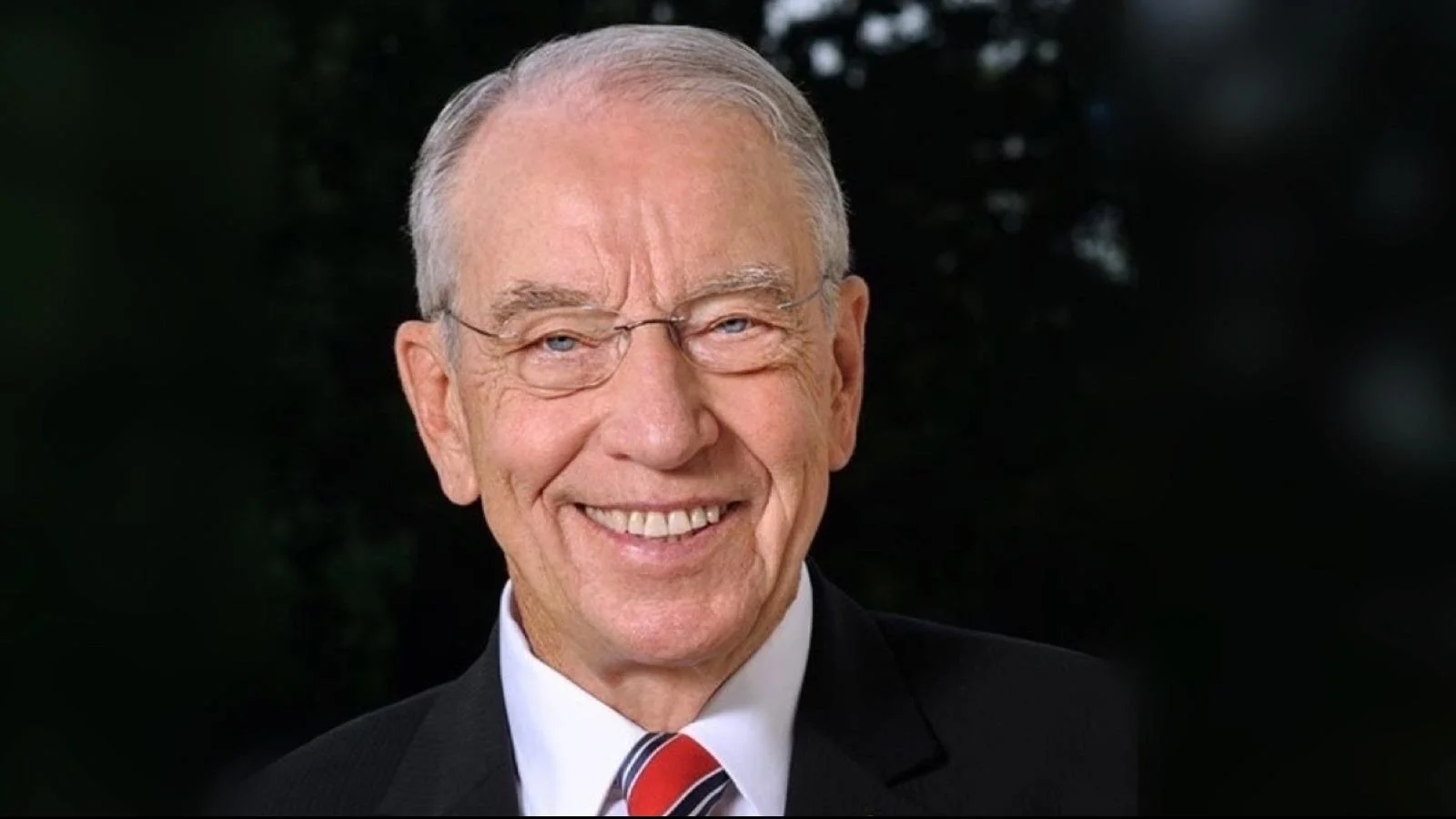Senator Chuck Grassley | Official U.S. Senate headshot
Senator Chuck Grassley | Official U.S. Senate headshot
The Senate Judiciary Committee held a hearing on October 28, 2025, to address rising input costs in the agricultural sector, particularly for seed and fertilizer. Senator Chuck Grassley of Iowa, chairing the committee, opened the session by noting that many farmers face limited choices and high prices when purchasing essential supplies.
Grassley highlighted the significant impact these increased costs have on farmers' profit margins. He cited USDA data showing that price indexes for seed and fertilizer were much higher in January 2025 compared to early 2021. According to Grassley, "This was obviously due, in part, to the record high inflation rates under the Biden administration." He emphasized that higher input prices combined with volatile commodity markets and borrowing costs create additional financial pressure on producers.
The hearing aimed to investigate several factors contributing to cost increases: energy markets affecting nitrogen production, global supply chain disruptions, logistics challenges, and market concentration within the industry. Grassley stated that practical steps should be evaluated to improve transparency and competition so that producers can remain viable.
Grassley advocated for his Fertilizer Research Act, which would require a comprehensive study by the Department of Agriculture into why fertilizer prices are elevated. "The department would be required to give recommendations on further regular public reporting," he said.
He also called for immediate action from federal authorities regarding trade policy: "There is something that the Trump administration can do right now to help ease the burden for farmers: lowering the countervailing duties on phosphate from Morocco. In 2024, the Biden administration increased duties on Moroccan phosphate to 18 percent." Grassley argued these duties have restricted access to an important market without available substitutes: "The Biden phosphate duties have only hurt farmers by boxing out access to this important market on an essential input with no substitute."
Grassley noted changes over two decades in which a small number of large companies now control both seeds and related products like pesticides and digital farming tools. This integration makes it difficult for farmers to switch suppliers because their data becomes tied or “locked in” with one company’s system.
He described similar challenges in fertilizer distribution where contracts and dealer practices—such as loyalty rebates or early-order calendars—can restrict choice even when alternatives exist.
"Now, nobody here wants to punish innovation. We want better yields, healthier soils and quality products. But we also want competition that’s fair, transparent and local competition that a farmer can actually expect when he or she sits down to make a purchase," said Grassley.
He outlined four principles guiding potential solutions:
- Transparency about pricing structures,
- Portability of farm data,
- Fairness in contract terms,
- Accountability when mergers fail to deliver promised benefits.
Grassley concluded by stating his aim is “to identify practical steps — legislative and regulatory — that respect innovation and property rights but restore real, on-the-ground competition.” He thanked Senator Durbin for helping establish a bipartisan approach at the hearing before turning over opening remarks.






 Alerts Sign-up
Alerts Sign-up